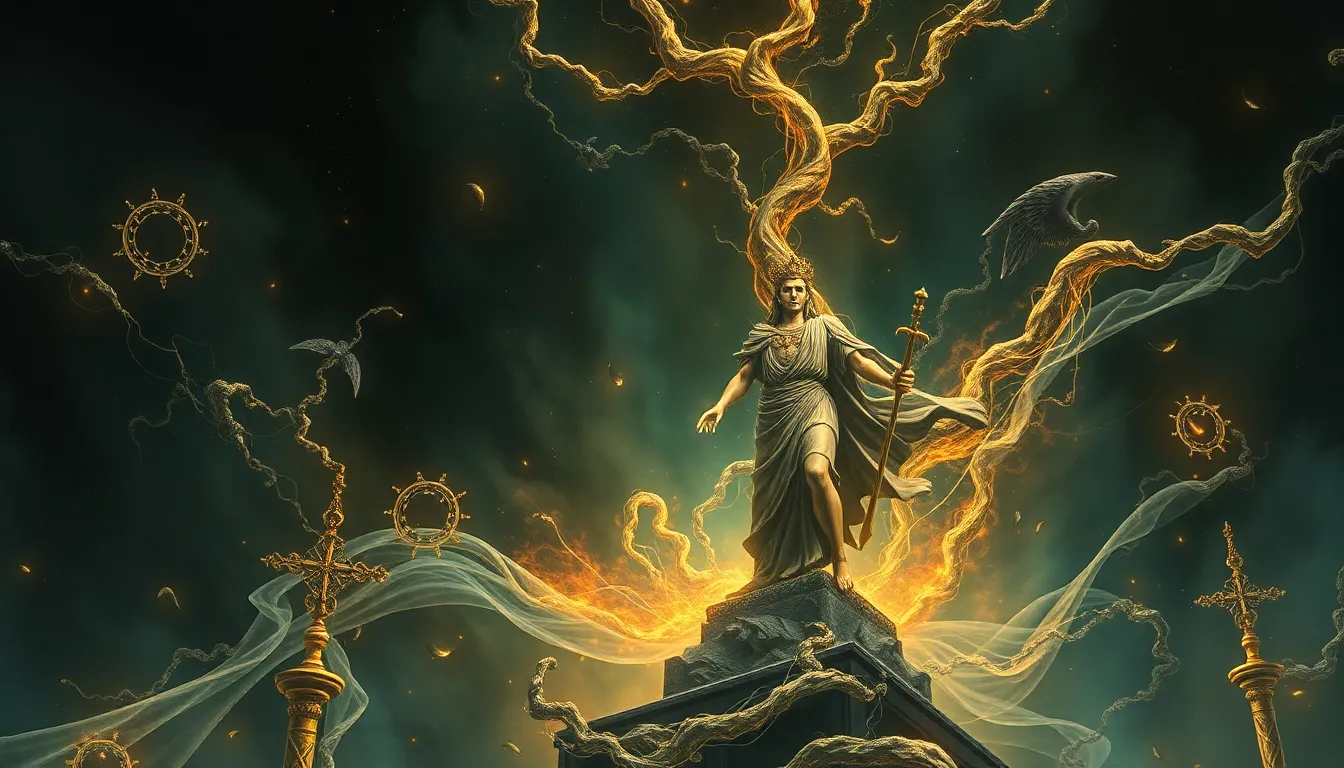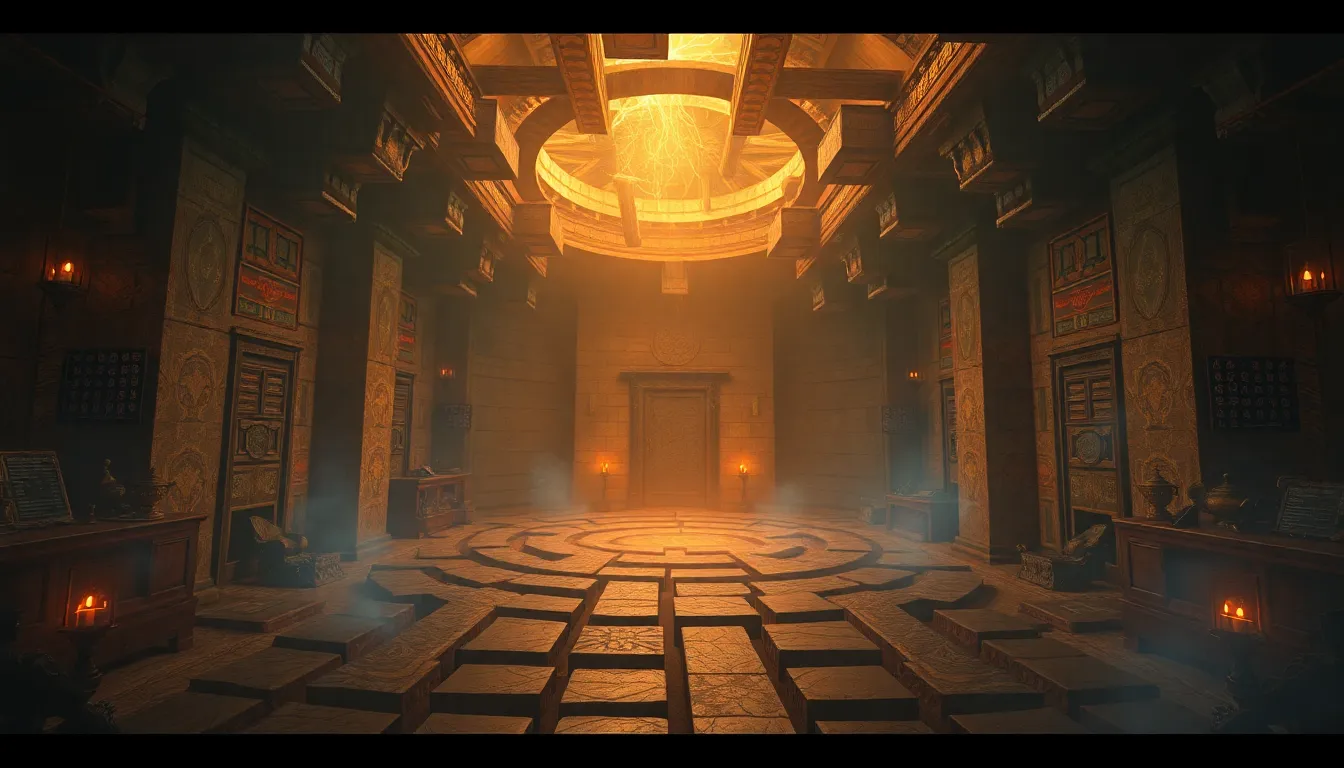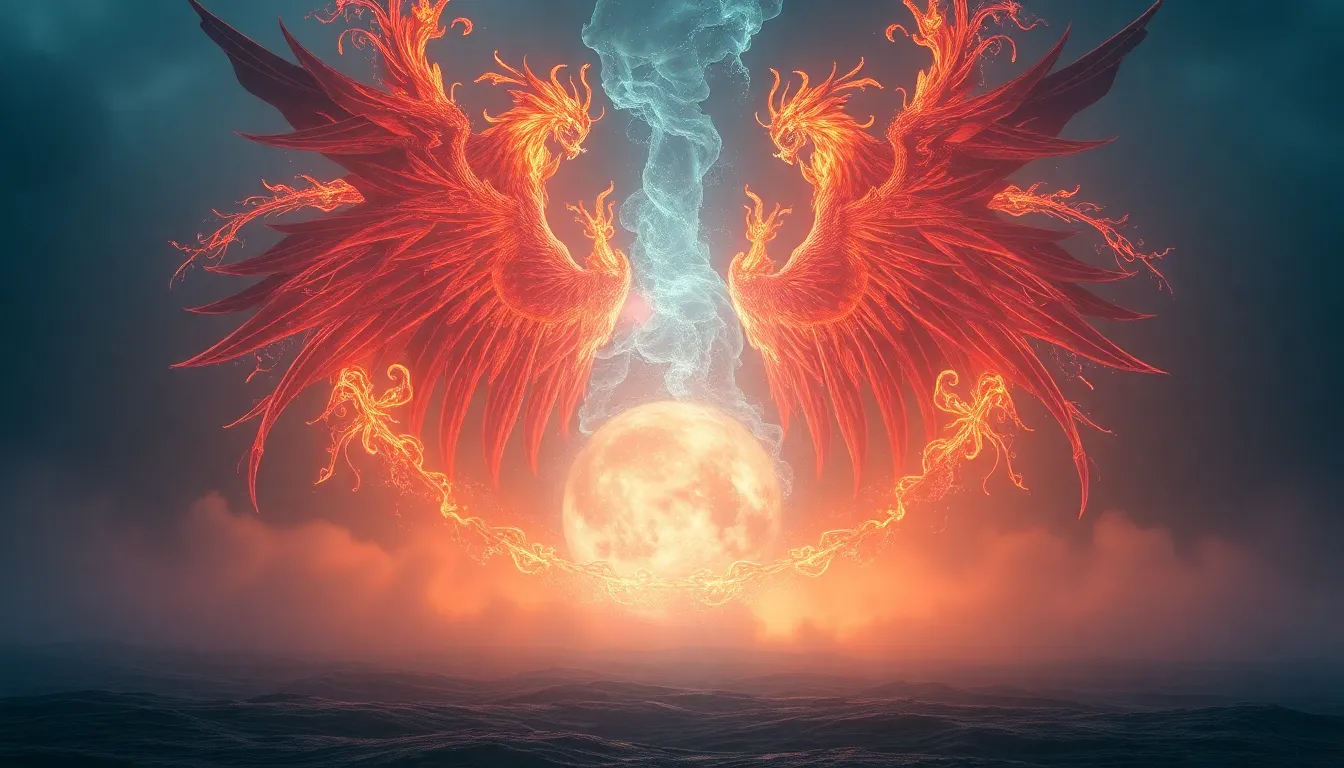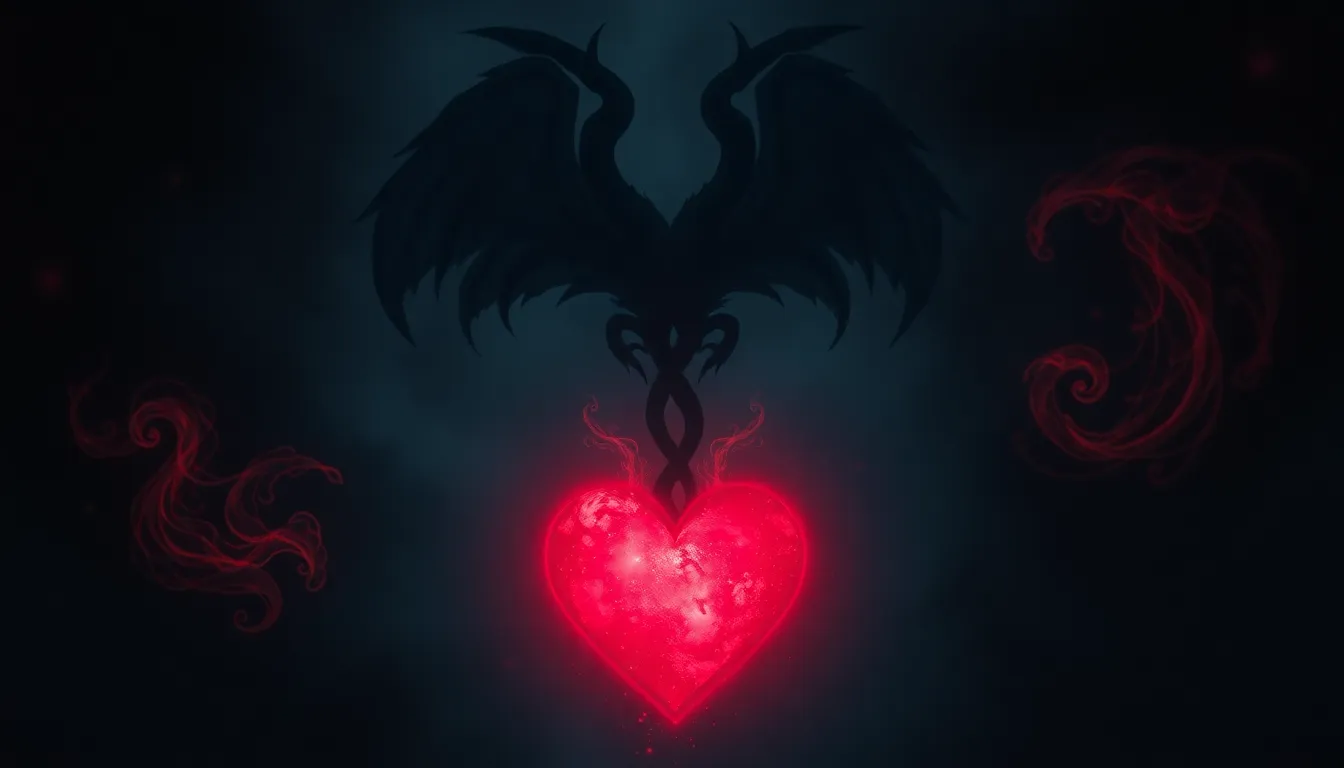Moral Myths and the Nature of Justice: Lessons from Legends
1. Introduction to Moral Myths and Justice
Moral myths are foundational narratives that convey ethical principles and cultural values through storytelling. These myths often serve to illustrate the complexities of human morality and the consequences of justice and injustice. In philosophical and cultural contexts, justice is frequently defined as the fair and impartial treatment of individuals, rooted in a society’s shared values and beliefs.
The exploration of legends provides a rich tapestry for understanding justice as these narratives encapsulate the struggles, triumphs, and moral dilemmas that define human experience. Through the lens of myths, we can gain insights into the societal frameworks that inform our contemporary notions of justice.
2. The Role of Myths in Shaping Moral Frameworks
Myths play a crucial role in shaping moral frameworks by providing narratives that convey moral lessons. They often reflect the values and beliefs of a society, guiding individuals in their understanding of right and wrong.
- Examples from Various Cultures:
- In Ancient Greece, the myth of Prometheus teaches about the consequences of defying the gods and the importance of foresight.
- In Native American cultures, stories like those of the Trickster emphasize the duality of human nature and the lessons of humility and respect for nature.
- In African folklore, Anansi the Spider embodies cleverness and the moral that intelligence can overcome brute strength.
The impact of storytelling on societal values is profound, as these narratives often become the bedrock of cultural identity and moral instruction.
3. Justice in Ancient Myths: A Cross-Cultural Perspective
Ancient myths from various cultures provide rich insights into the concept of justice. In Greek mythology, figures like Themis and Dike personify justice, embodying the principles of order and fairness.
Norse mythology offers another perspective, where Odin, in his quest for knowledge, encounters the Norns, who govern fate and destiny, emphasizing the interconnectedness of justice and the cosmic order.
In Eastern traditions, Hinduism and Buddhism present justice through the concepts of karma and dharma, illustrating that moral actions have consequences that extend beyond one’s lifetime.
4. The Archetype of the Hero: Justice and Morality in Action
The archetype of the hero in myths often embodies the struggle for justice and moral integrity. Legendary heroes face moral dilemmas that challenge their values and test their resolve.
- Case Studies of Legendary Heroes:
- Hercules: His twelve labors symbolize the battle against chaos and the pursuit of redemption through acts of justice.
- King Arthur: His quest for the Holy Grail represents the search for truth and righteousness, embodying the ideal of chivalric justice.
These narratives have significantly influenced contemporary views of heroism and justice, shaping our understanding of what it means to stand up for what is right.
5. The Consequences of Injustice in Mythical Narratives
Mythical narratives often illustrate the dire consequences of moral failures and injustices. Tragic figures like Prometheus and Oedipus serve as cautionary tales about the repercussions of defying divine order or failing to heed warnings.
- Examples of Tragic Figures:
- Prometheus: His punishment for stealing fire for humanity serves as a reminder of the cost of rebellion against authority.
- Oedipus: His tragic fate highlights the themes of fate, free will, and the unavoidable consequences of one’s actions.
These stories offer critical lessons about justice and retribution, emphasizing the idea that moral choices have far-reaching implications.
6. Gender and Justice in Myths: Voices of the Female Deity
Female figures in myths often play pivotal roles in the narratives surrounding justice. Characters such as Athena in Greek mythology and Kali in Hinduism illustrate the complex intersection of gender and morality.
- Exploration of Female Figures:
- Athena: As the goddess of wisdom and warfare, she embodies strategic justice and the importance of intelligence in achieving fairness.
- Kali: Representing destruction and rebirth, she challenges conventional notions of justice by emphasizing the necessity of balance and transformation.
These stories not only highlight the roles of women in the pursuit of justice but also influence modern discussions about gender and morality.
7. Modern Interpretations of Ancient Justice Myths
Contemporary society often reinterprets ancient moral myths, reflecting changing values and perspectives on justice. Popular culture, including films and literature, plays a significant role in shaping these perceptions.
- Case Studies of Modern Adaptations:
- Disney’s retellings of Greek myths, such as “Hercules”, present a sanitized version of justice that emphasizes heroism and triumph.
- Modern films like “The Dark Knight” explore complex moral dilemmas, reflecting the struggles between justice and vigilante actions.
These adaptations demonstrate how ancient myths continue to resonate in contemporary narratives, influencing our understanding of justice.
8. The Ethical Implications of Moral Myths on Justice Today
Moral myths have profound ethical implications for contemporary justice systems. They inform current legal and ethical frameworks, emphasizing principles such as fairness, accountability, and the pursuit of truth.
- Relevance in Social Justice Movements:
- Movements for civil rights often draw parallels to mythological themes of justice and equality, invoking figures like Prometheus as symbols of resistance.
- Feminist movements explore narratives of female figures in myths to advocate for gender equality and justice.
The lessons derived from these myths serve as a foundation for advocating social justice today.
9. Critique of Moral Myths: Limitations and Challenges
While moral myths provide valuable insights into justice, they are not without their limitations. Critics argue that these narratives can perpetuate stereotypes, reinforce societal norms, and fail to address systemic injustices.
- Challenges in Interpretation:
- The romanticization of heroic figures may obscure the complexities of real-life moral dilemmas.
- Gender roles in myths may reinforce outdated perceptions of morality and justice.
Recognizing these critiques is essential for a nuanced understanding of how myths can both illuminate and obscure the nature of justice.
Conclusion
Moral myths and the nature of justice are intricately connected, providing a rich source of insights into ethical dilemmas and societal values. Through the exploration of legends, we gain a deeper understanding of justice’s complexities and its enduring relevance in contemporary society. As we reflect on these narratives, we are reminded that the lessons of the past continue to shape our present and future pursuits of justice.



